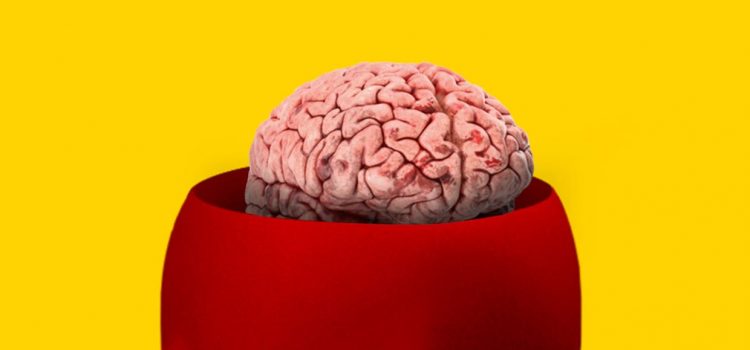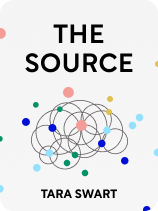

This article is an excerpt from the Shortform book guide to "The Source" by Tara Swart. Shortform has the world's best summaries and analyses of books you should be reading.
Like this article? Sign up for a free trial here.
What are Tara Swart’s recommended exercises for fueling the brain? How should you hydrate the brain?
As written in The Source, Tara Swart’s exercises are helpful for people who want to fuel the changing brain. Because neuroplastic change takes up so much energy, it’s essential that you provide your brain with the resources it needs to make these changes.
Continue reading for Swart’s three exercises.
1. Rest Your Brain
Get adequate rest on a regular basis. According to The Source by Tara Swart, this exercise gives the brain an opportunity to cleanse itself of toxins that interfere with its functioning. Most people need seven to eight hours of sleep each night, so make sure you’re setting aside enough time each night to get as much sleep as your brain needs. Swart asserts that sleeping on your side is the best position for facilitating your brain’s natural detoxifying process. Also, she recommends that you establish a relaxing routine before bed that helps you get ready for sleep and avoid using screens for one hour before you go to sleep.
(Shortform note: In Why We Sleep, Matthew Walker explains that sleep gives your brain a chance to store important memories and get rid of the ones you don’t need, and also that it improves your muscle memory. Other experts suggest that sleeping on your left side specifically is the most conducive to cleansing your brain because it increases your circulation and lets your stomach rest below your esophagus, which, as an added benefit, can improve your digestion and reduce heartburn.)
2. Feed Your Brain
Your brain also needs plenty of energy in the form of nourishment, Swart explains. The brain uses as much as a quarter to a third of the energy from the food you consume, and failing to give it the energy it needs reduces the quality of its functioning. Your diet should include whole grains, plenty of protein, vegetables, and healthy fats from sources like fish and avocado. Highly processed foods, alcohol, and excessive sugar and trans fats are inefficient fuels and make it harder for the brain to function.
(Shortform note: While Swart says our brain uses up to a third of our energy resources, other experts suggest that it’s closer to 20%. Despite this lower estimate, it’s still a significant number considering the brain only makes up 2% of your total body weight. Experts agree with Swart’s recommendations for a healthy diet, and they emphasize the importance of healthy fats in particular, noting that omega-3 and omega-6 fatty acids are linked to a lower risk of degenerative brain diseases. Fiber deficiency has recently been linked to cognitive impairment as well, so make sure your diet includes plenty of fiber.)
3. Hydrate and Oxygenate Your Brain
Hydration and oxygenation are also essential for healthy brain function. Make sure you drink enough water (half a liter per 30 pounds of body weight each day), and exercise regularly to increase oxygen flow to the brain. However, Swart notes that polluted air can actually harm brain function, so avoid exercising in areas with high levels of air pollution.
| What Other Experts Say About Hydration and Oxygenation Some experts argue that we don’t need to drink as much water as Swart suggests. We get a lot of water from the food and other beverages we consume, which we often fail to consider in estimates of how much water we need to drink. These experts argue that forcing yourself to drink water when you’re not thirsty doesn’t necessarily provide any additional benefits. In addition to hydration, Swart discusses the importance of oxygenation, but she doesn’t go into detail about the proper way to get oxygen flowing to the brain. In Breath, James Nestor suggests that most of us don’t breathe correctly—we often breathe through our mouths, which is less efficient than breathing through our noses and can cause cognitive issues by depriving the brain of oxygen. He explains that the nose and sinuses are better designed to filter air, and that breathing through your nose takes less energy than breathing through your mouth. |

———End of Preview———
Like what you just read? Read the rest of the world's best book summary and analysis of Tara Swart's "The Source" at Shortform.
Here's what you'll find in our full The Source summary:
- How to get the most out of your brain by tapping into its immense power
- How to use the major principles of the Law of Attraction
- The four-step process to change your life






